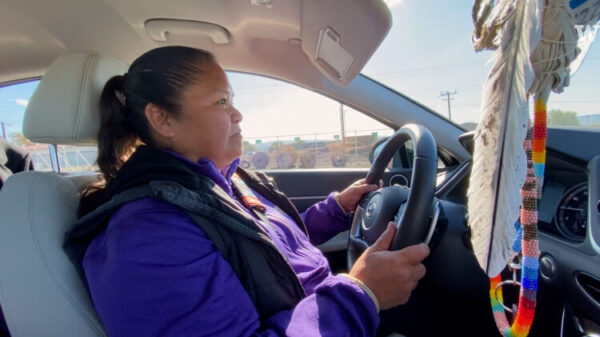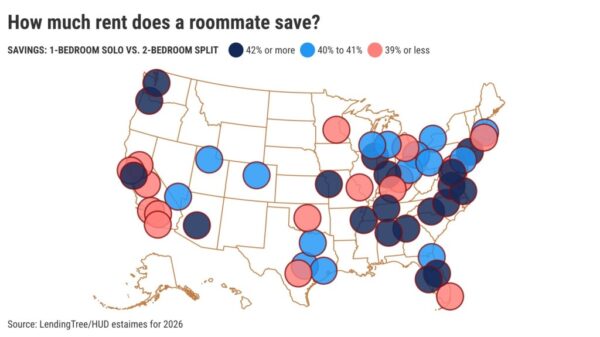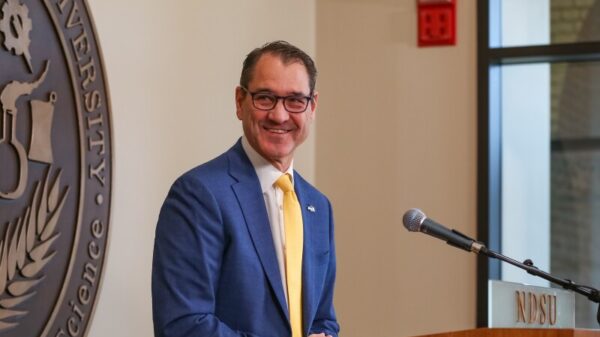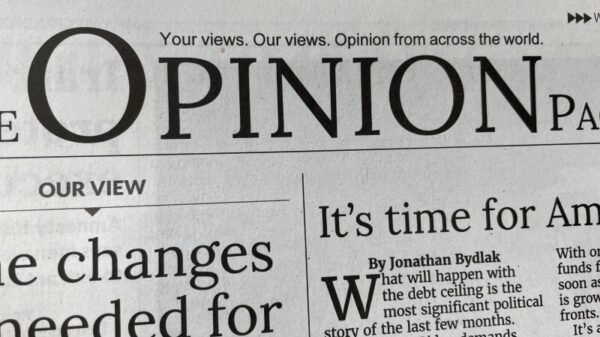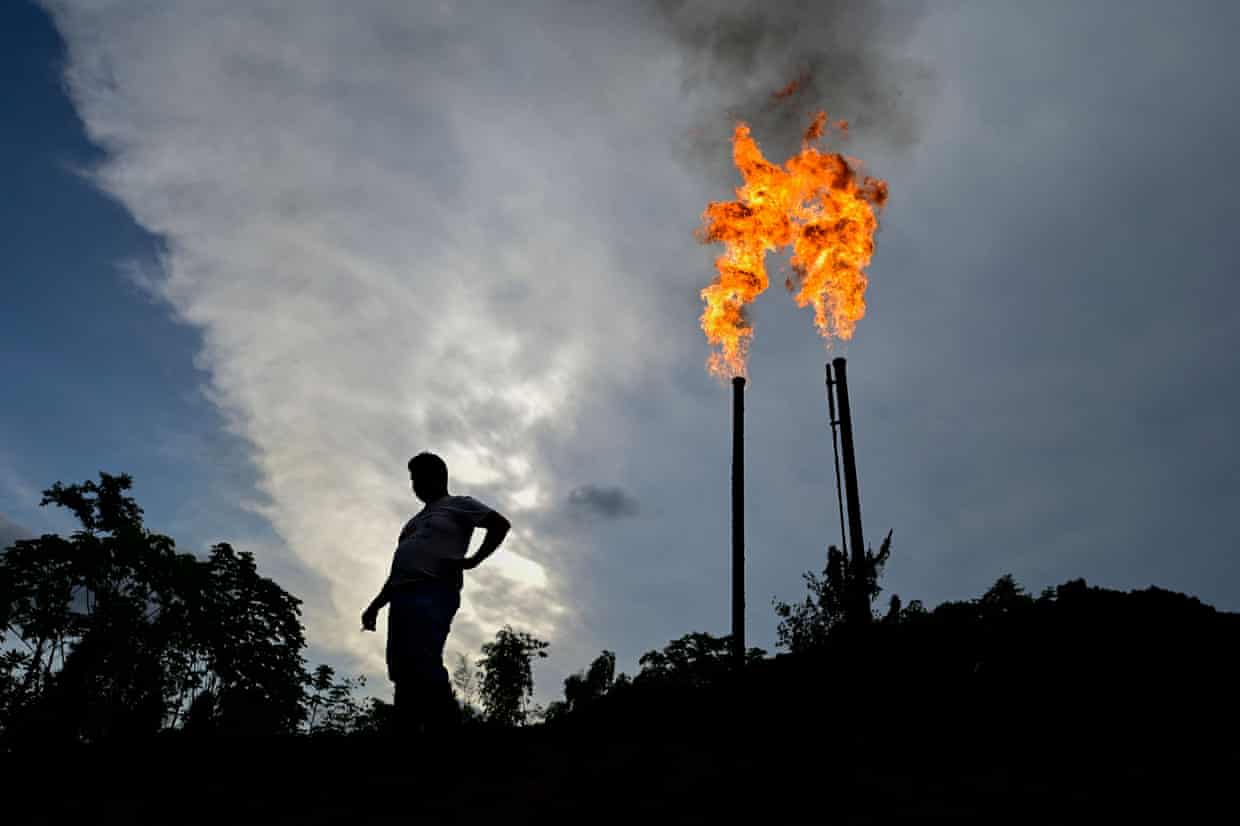A recent report by Amnesty International highlights the alarming health risks posed by fossil fuel projects worldwide, affecting over 2 billion people. The research, the first of its kind, reveals that approximately a quarter of the global population lives within three miles (5 km) of operational oil, gas, and coal facilities, significantly increasing their exposure to hazardous pollutants.
The report, titled “Extraction Extinction: Why the Lifecycle of Fossil Fuels Threatens Life, Nature, and Human Rights,” identifies more than 18,300 fossil fuel sites across 170 countries. These include drilling wells, processing plants, and pipelines, which contribute to serious health conditions such as cancer, respiratory illnesses, and heart disease. Nearly 463 million individuals, including 124 million children, live alarmingly close—within 0.6 miles (1 km)—of these pollution sources, with many more at risk as an estimated 3,500 new sites are proposed or in development.
Health and Environmental Impact
The proximity to fossil fuel operations creates what are termed “sacrifice zones,” where low-income and marginalized communities face disproportionate exposure to environmental hazards. Active projects have turned nearby areas into pollution hotspots, severely affecting water supplies, air quality, and land integrity. The report details how the extraction, processing, and transportation of fossil fuels devastate both human health and natural ecosystems.
As world leaders convene in Belém, Brazil for COP30, the urgency of addressing these issues is heightened. Agnès Callamard, Secretary General of Amnesty International, emphasized the need for a shift in focus from profits to people. “The fossil fuel industry has violated rights with near-complete impunity,” she stated, urging negotiators to commit to a comprehensive and equitable phase-out of fossil fuels.
Indigenous Communities at Risk
The report also sheds light on the environmental injustices faced by Indigenous peoples, who, despite representing only 5% of the global population, are disproportionately affected by fossil fuel infrastructure. One in six fossil fuel sites is located on Indigenous territories, leading to significant threats to their health and livelihoods.
Testimonies collected from land defenders and community leaders across various countries illustrate the devastating impact of fossil fuel extraction on their lives. Tsakë ze’ Sleydo’ (Molly Wickham), a Wet’suwet’en land defender from Canada, expressed concern over the imminent construction of new gas pipeline compressors on Indigenous lands, saying, “When we rise up to defend the Yin’tah, we are criminalized.”
The expansion of fossil fuels not only threatens health but also exacerbates land grabs and cultural displacement, with many community leaders facing legal challenges for opposing harmful projects. As Bruno Alves de Vega, an urban artisanal fisher from Brazil, noted, “We are not after money; we only want what is ours.”
In light of these findings, the UN Special Rapporteur on Climate Change has called for stringent measures against misinformation related to climate issues, as well as a ban on lobbying by fossil fuel companies. The report underscores the interconnectedness of the climate crisis and deep-rooted social injustices, reinforcing the notion that the transition away from fossil fuels is not only necessary for environmental health but also for social equity.
The urgency for action is palpable as the world grapples with intensifying climate events, including superstorms affecting countries like the Philippines, Mexico, and Jamaica. These disasters highlight the pressing need for comprehensive regulations on fossil fuel companies, including a halt to extraction and subsidies, to comply with international legal rulings.
The revelations from this groundbreaking report provide a critical call to action for governments and organizations worldwide, urging them to prioritize the health of communities and ecosystems over the interests of the fossil fuel industry. The age of fossil fuels must come to an end, as the consequences of inaction are becoming increasingly dire.


